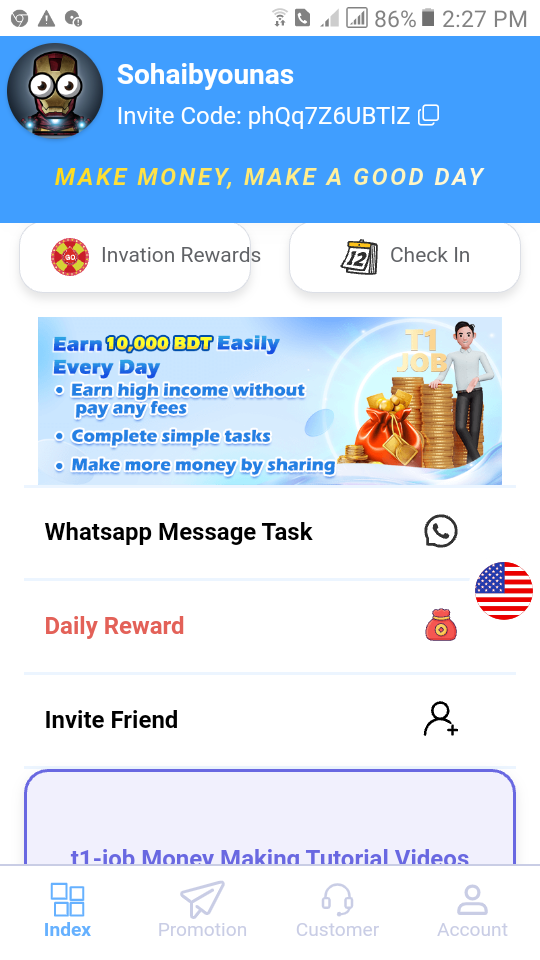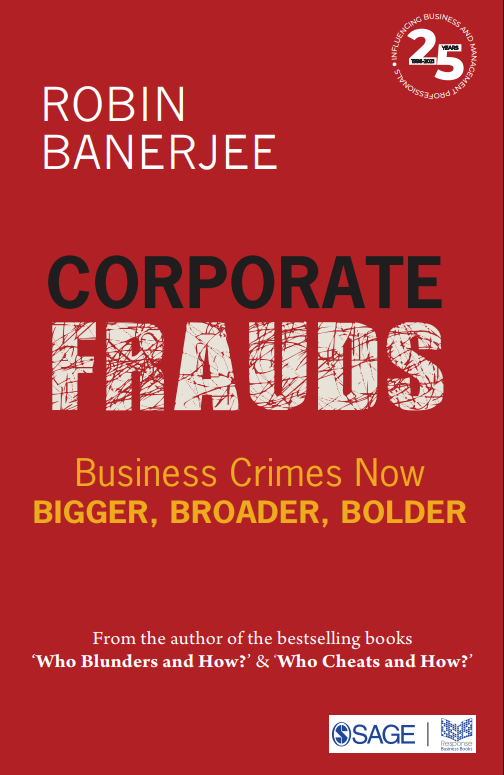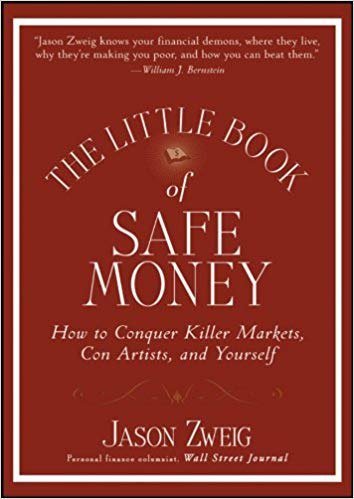48-Hour Start-up: From idea to launch in 1 weekend
Disclaimer: This content has been uploaded by a user of Lit2Talks for educational and informational purposes only. All copyrights and trademarks belong to their respective owners. If you are the copyright holder and believe this content has been shared without your permission, please contact us for immediate removal.
Reviews
No review yet. Be the first to review this book!
×
Description
"48-Hour Start-up: From Idea to Launch in 1 Weekend" sounds like an exciting concept! The idea behind it is to condense the typically lengthy process of starting a business into an intense, focused weekend of brainstorming, planning, and execution. Here's a rough outline of how such an event might u...


 Apr 24, 2025
Apr 24, 2025

























.jpeg)


.jpg)
.jpg)



.jpeg)




.jpg)

.jpeg)
.png)
.jpeg)





.jpg)





.jpg)










.jpg)
.jpg)








.jpeg)






.jpg)







